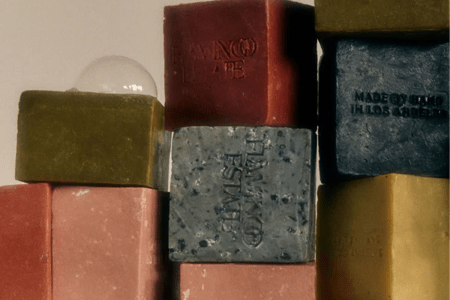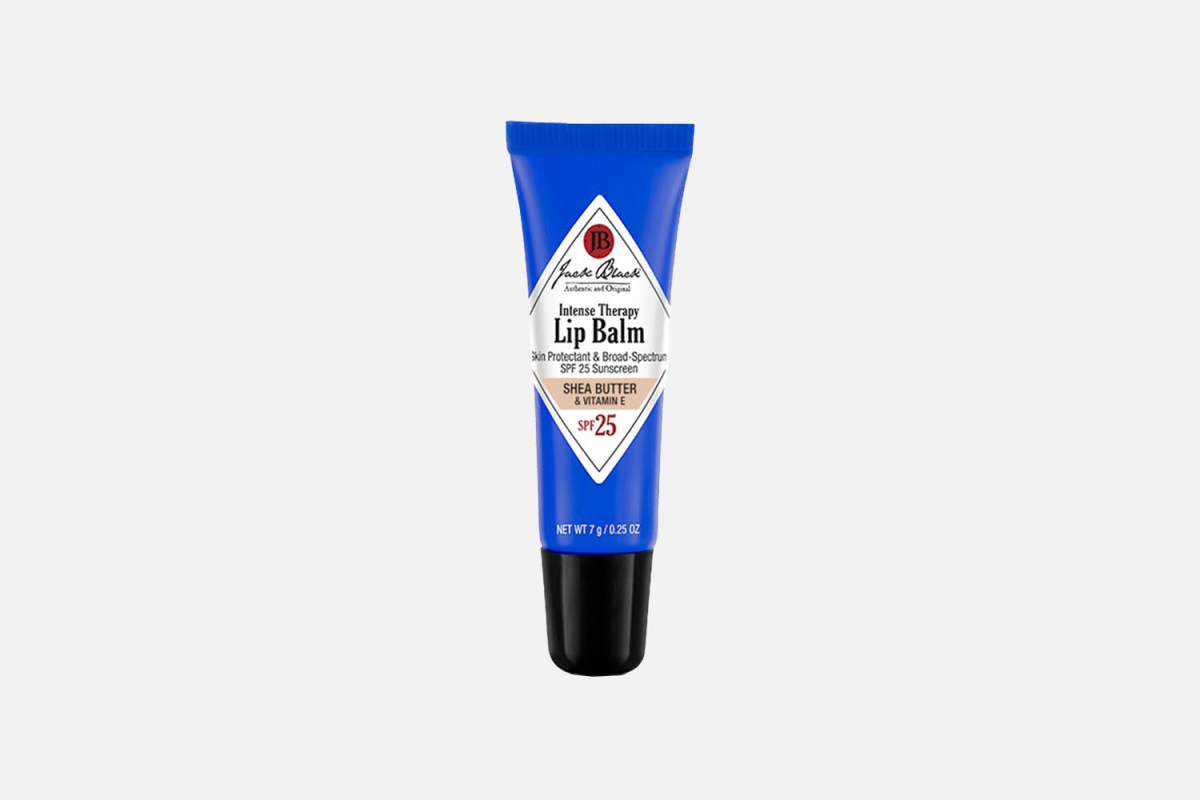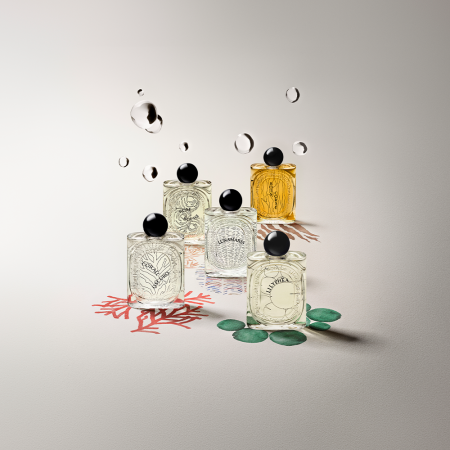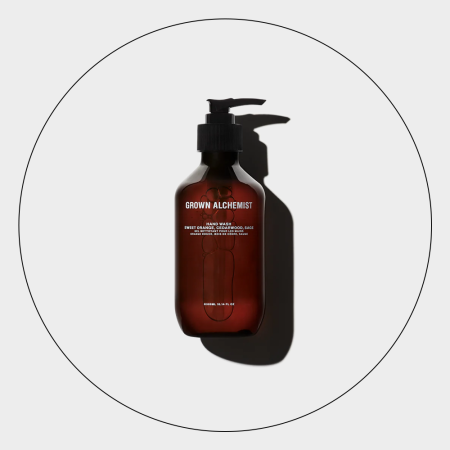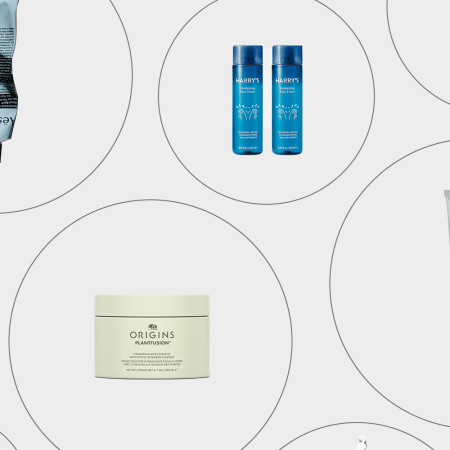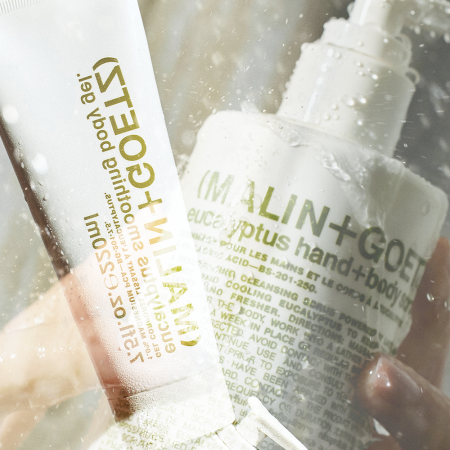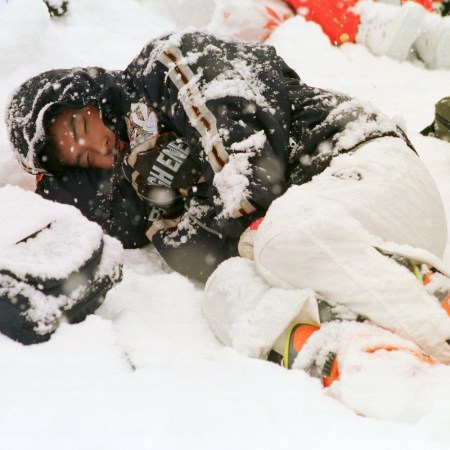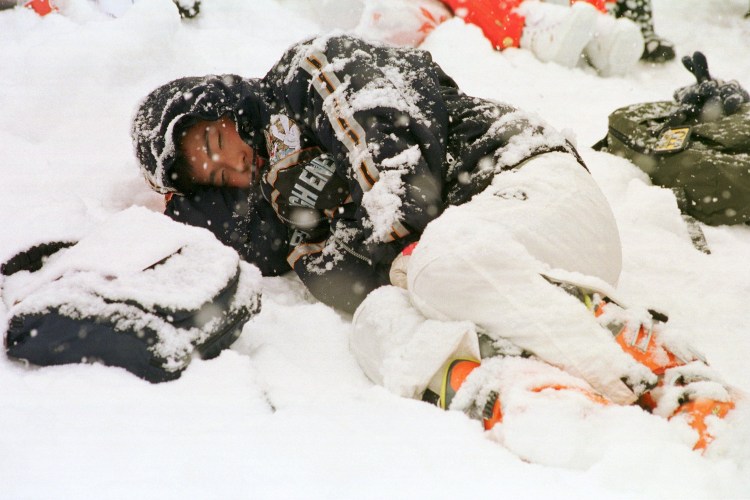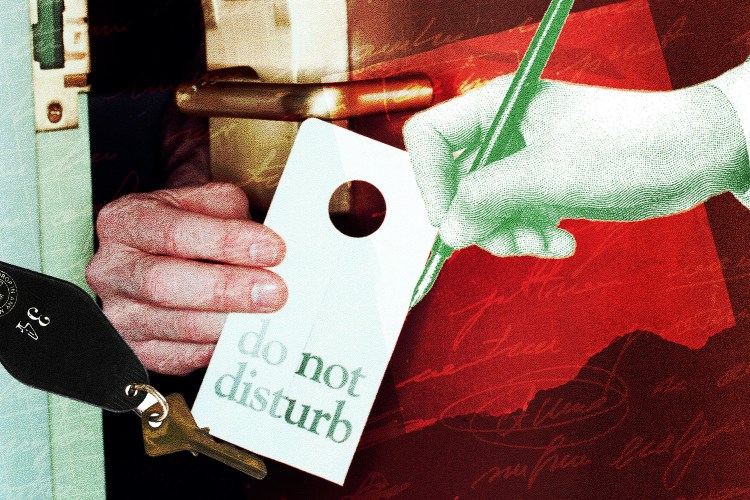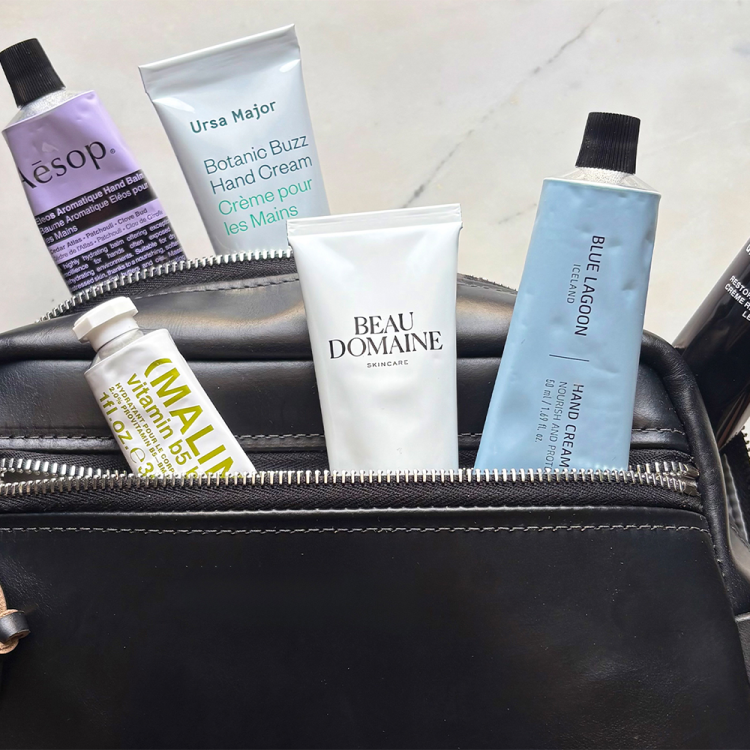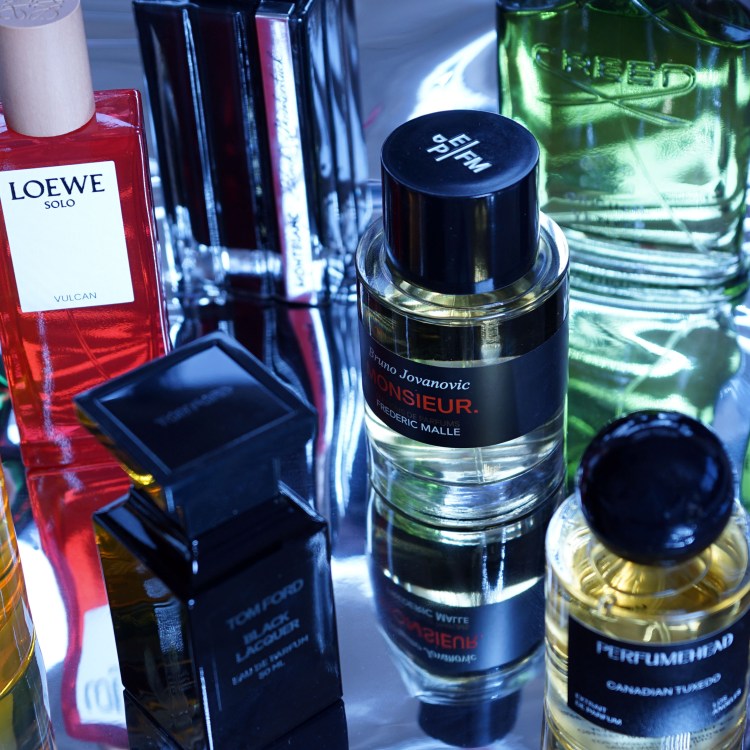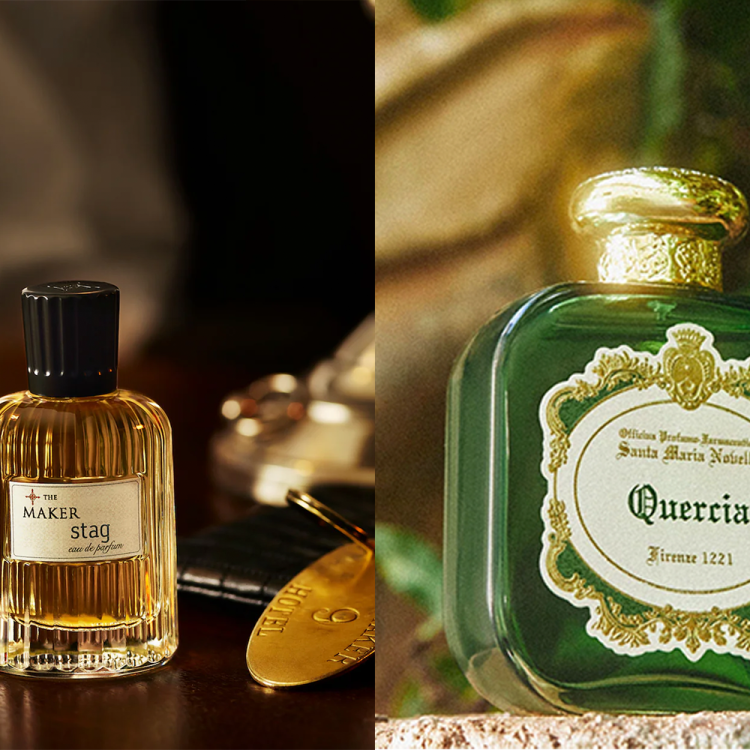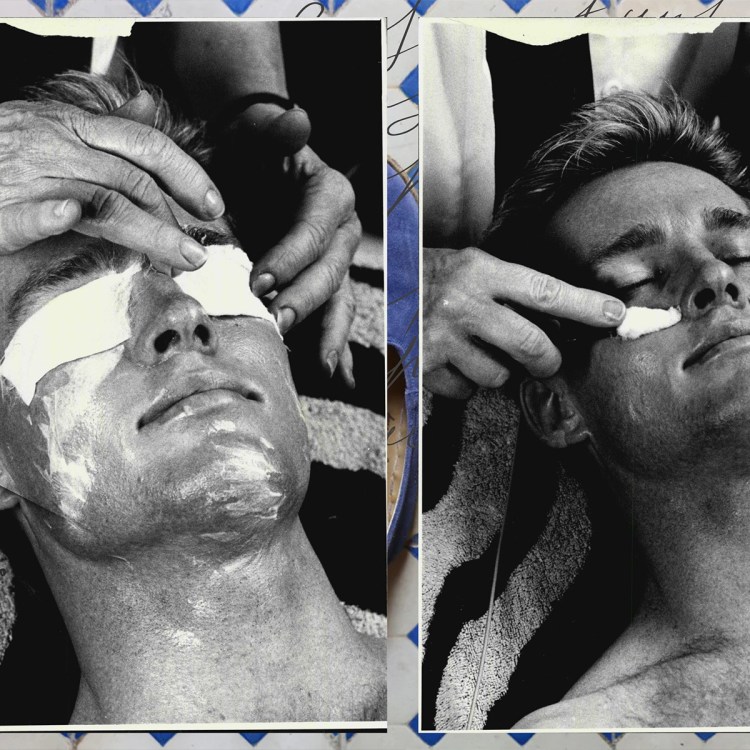Nota bene: All products in this article are independently selected and vetted by InsideHook editors. If you buy something, we may earn an affiliate commission.
The leaves are falling, the wind is picking up and the temps are cooling. Personally? I’m all in. I’m a fall-winter guy — I love the coats, knits, crisp air, snowfall and sweat-free days, but as soon as the temperature drops, my skin immediately feels the effects, especially my hands and lips. Many grooming products we became accustomed to in the summer don’t apply anymore or aren’t as effective. Fall and early winter weather call for specialized skincare strategies, and our grooming routines should adapt to the seasons.
“As the air cools and humidity decreases, men’s skincare routines should shift to include richer, more hydrating products,” advises Dr. Robyn Gmyrek, assistant clinical professor of dermatology at UnionDerm. “This helps prevent dryness, improves moisture retention, and maintains a healthy skin barrier, keeping your skin radiant and glowing throughout the colder months.”
Along with Dr. Gmyrek, we spoke with celebrity esthetician and skincare expert Ian Michael Crumm to get valuable insights on adjusting our skincare routines for the changing seasons. Together, they offer practical advice on what to look for and provide product recommendations for each category. As the seasons switch, your grooming regimen remains essential but also must adapt. We’re here to help inform and simplify.
Switch to a Heavier, Hydrating Moisturizer
Cooler air often means drier skin, so swapping a lightweight summer moisturizer for something more hydrating is key. Look for more viscous creams to protect your skin from the elements.
Ian Michael Crumm: “As cooler weather hits, your skin can lose moisture faster due to dry air. A heavier, more hydrating moisturizer helps lock in moisture and prevents your skin from feeling tight or dry. Look for formulas with ingredients like ceramides or hyaluronic acid for deeper hydration.”
Dr. Gmyrek: “As the air becomes cold, with less humidity, we lose moisture from our skin to the surrounding environment. Dry skin gives way to small cracks, compromising the skin barrier and leading to further moisture loss from the skin. So, it is essential to upgrade your moisturizer. If you currently use a ‘lotion,’ upgrade to a ‘cream’ — thicker with less alcohol or water than lotions. If you’re using a cream, increase the frequency that you moisturize up to twice daily. Look for products with ceramide, which helps repair the skin barrier, and humectant ingredients like glycerin, squalene or dimethicone, which pull water into the skin.”
The Best Grooming Brands to Know Now
Flamingo Estate and Supply are brands that should be on your radarExfoliate More Frequently
Dry, flaky skin tends to be more common in the fall, so regular exfoliation is important. A gentle exfoliating scrub or chemical exfoliant (like those with AHAs or BHAs) once or twice a week will help remove dead skin cells, allowing for smoother skin and better absorption of moisturizers.
Dr. Gmyrek: “In the winter, your skin gets dry, and dead skin cells may accumulate, leading to skin that looks dull and feels rough. Exfoliation helps gently remove these dead skin cells, improve circulation, revive radiance or glow to the skin, and improve the absorption of serums or moisturizers you apply. But don’t overdo it; you will damage the skin barrier and cause further dryness. And always moisturize after exfoliation.”
Ian Michael Crumm: “Flaky skin can become more common in the autumn. Exfoliating two to three times a week helps to slough off dead skin, allowing for better absorption of moisturizers and reducing the chance of clogged pores. Look for exfoliants with ingredients like glycolic or lactic acid.”
Upgrade to a Richer Body Wash
Switch out your summer body wash for a formula with nourishing ingredients. Body washes containing oils, ceramides or hydrating agents will help keep your skin from drying out in the colder weather.
Dr. Gmyrek: “Switch to a cream cleanser instead of a foaming or soap-based cleanser, which uses detergents to emulsify oils to pull dirt out of your skin. These soap cleansers will also pull out your healthy skin oils. Oil-based and cream cleansers are much less drying to the skin and can provide extra hydration while cleansing.”
Ian Michael Crumm: “Choose a body wash that contains oils or shea butter to deeply hydrate your skin without stripping its natural oils. Avoid body washes with sulfates, which can be too harsh in the cooler months.”
Use a Hand Cream Regularly
As the weather gets colder, hands can become cracked and dry, making a hand cream essential. Look for one that absorbs quickly without being greasy, and apply it throughout the day, especially after washing your hands.
Dr. Gmyrek: “The cold air and indoor dry heating reduce humidity in the air, which dries out your hands, and frequent hand washing further amplifies the problem. Be consistent about always moisturizing your hands after washing. Keep hand cream next to the sink where you wash your hands, on your desk, in your bag, and in your car — if it is there, you will likely use it! Lotions help, but on the hands, it’s often more helpful to apply thicker occlusives, which are ingredients like mineral oil that hold moisture in the skin and prevent loss into the environment.”
Ian Michael Crumm: “Cooler temperatures can cause hands to become rough and cracked. Applying hand cream daily will help maintain the skin’s softness and hydration. Choose a fast-absorbing cream that doesn’t leave a greasy residue but provides long-lasting moisture.”
Incorporate Beard Oils or Balms
If you have facial hair, the change in weather can make the skin underneath prone to flaking. Beard oils and balms will help hydrate and soften your facial hair while soothing the skin.
Ian Michael Crumm: “Facial hair can become dry and brittle during colder weather, so incorporating a beard oil or balm keeps it conditioned. Beard oils penetrate the hair shaft, while balms also help style and keep the beard neat, reducing itchiness and flaking.”
It’s Lip Balm Season
If your lips immediately get dry and chapped as the temperature drops, a good balm is essential in autumn. Look for beeswax, shea butter or lanolin to moisturize and protect.
Dr. Gmyrek: “The lip skin is very thin and susceptible to being dried out by the cold winter air, wind and low humidity. To make matters worse, when our lips feel dry, we tend to lick them, which causes them to feel hydrated momentarily, but unfortunately, the digestive enzymes in your saliva then damage the thin skin of the lips. As the saliva evaporates, it pulls moisture, drying the lips further. So, do not lick your lips; keep them hydrated with a lip balm you use several times daily. Look for moisturizing ingredients like shea butter or beeswax to protect against the elements.”
Ian Michael Crumm: “Chapped lips are a common issue. Keeping a hydrating lip balm handy will prevent cracking and keep your lips soft and smooth. Look for one with SPF to protect from UV damage as well.”
Adjust Your Shaving Routine
Dry skin and colder weather can cause irritation while shaving, so use a shaving cream or oil that provides extra protection and glide. Afterward, apply a post-shave balm with soothing ingredients like aloe vera or witch hazel to help calm the skin.
Dr. Gmyrek: “In cold, dry weather, you may need to adjust your shaving routine using a cream that helps soften and lubricate. If you haven’t already, you may consider using pre-shave oil or a balm that will give intense hydration and lead to a smoother, more comfortable shave, which is less irritating to the skin. After shaving, always moisturize.”
Ian Michael Crumm: “Cooler weather can make your skin more sensitive, so using a nourishing shave cream is important to prevent irritation. After shaving, a soothing post-shave balm will calm the skin and lock in moisture, reducing the risk of razor burn.”
Don’t Forget SPF
Just because summer is over doesn’t mean you should skip the sunscreen. UV rays can still cause harm in the fall and winter, so continue using a broad-spectrum SPF, especially on your face and hands.
Dr. Gmyrek: “Don’t forget your sunscreen! Although ultraviolet rays may not be tanning you, they are still penetrating deeply into the skin and causing DNA damage, collagen loss and elastin loss. You might also want to use a more moisturizing sunscreen — switch from a gel or lotion to a cream formulation. As always, look for SPF 30 or more and broad-spectrum on the label to know you’re blocking UVA and UVB rays. Reapply every two to four hours.”
Ian Michael Crumm: “Although the sun feels weaker in the fall, UV rays will still damage your skin. Protecting your skin with SPF should be a year-round priority to prevent premature aging and skin cancer.”
We've put in the work researching, reviewing and rounding up all the shirts, jackets, shoes and accessories you'll need this season, whether it's for yourself or for gifting purposes. Sign up here for weekly style inspo direct to your inbox.




